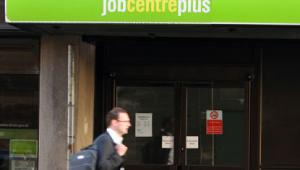By Marino Donati | 22 October 2014
The government scheme offering free pre-school places for infants has helped only a small number of women into work, a study by the Institute for Fiscal Studies has found.
Research published by the think-tank today found the policy, first introduced by the last Labour government in 1998, to give all three- and four-year-olds a free part-time nursery place had helped 12,000 extra women into work over fifteen years.
The study, undertaken with researchers from the University of Essex, concluded that there was a large effect on mothers who started using childcare as a result of being offered a free place, with one in four of them having into work.
However, most families affected were paying for childcare before the policy was introduced, so therefore the policy had cut the cost of buying childcare for families without boosting employment rates.
Today’s The impact of free early education for 3-year-olds in England report stated: ‘The policy has several aims but, at over £65,000 per extra person employed, it is a very expensive employment policy.’
Mike Brewer, a research fellow at IFS and professor of economics at the University of Essex added: ‘The expansion of free early education in the 2000s was a very expensive way to move an additional 12,000 mothers into the labour force, and the case for extending the free entitlement is not as clear cut as political rhetoric might suggest.
‘A more open and honest debate about the rationale for these policies, and whether the evidence supports these positions, would be welcome.’





















